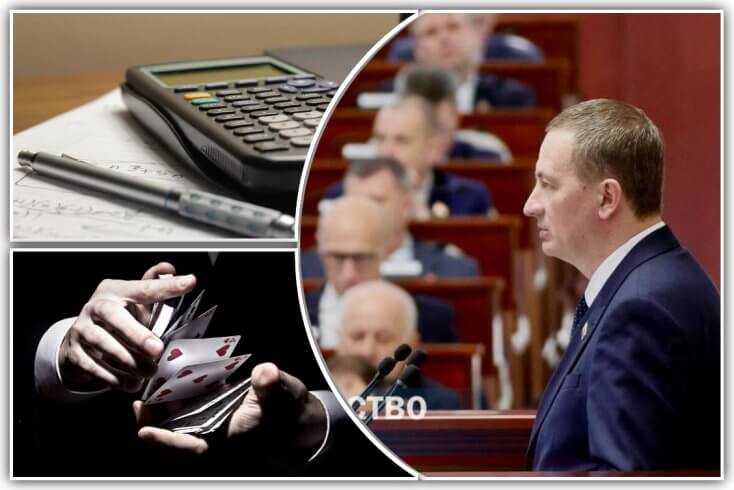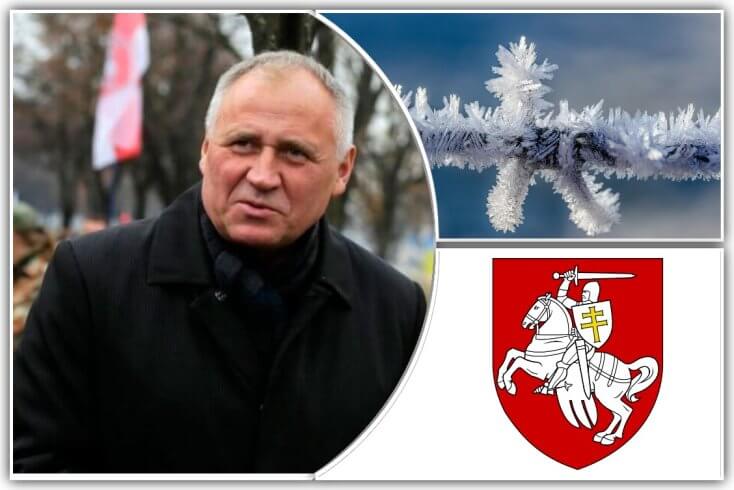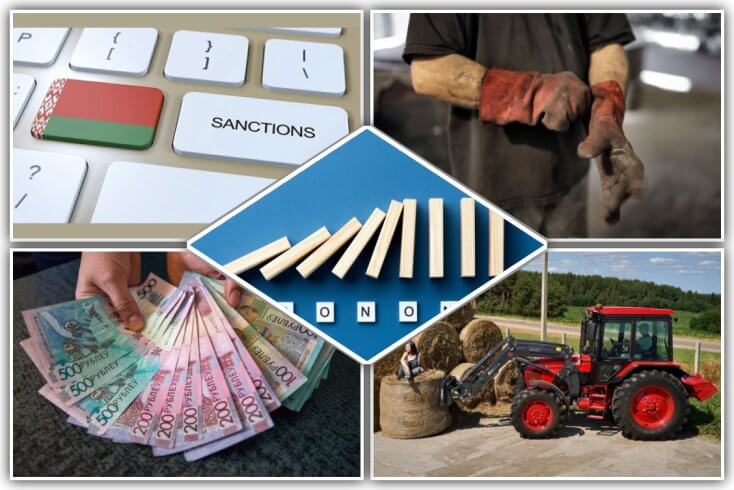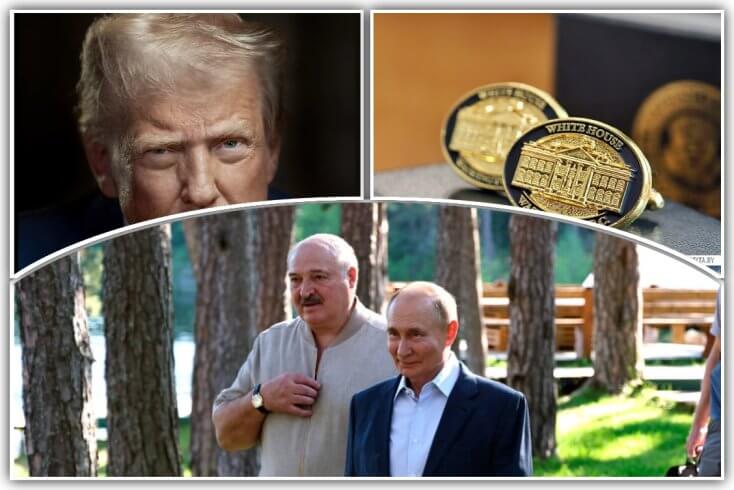By Alexander Friedman
Belarus’ political, military and economic establishments largely demonstrated their loyalty to Alaksandar Łukašenka in 2020. Officials fear sweeping changes and have a vested interest in preserving the current political setup.

In his New Year’s Day address to Homiel region residents, regional chief Ivan Krupko described Łukašenka as “the guardian of Belarus” who “ensured peace so that we can build our lives happily in a prosperous and independent country.”
Do his words reflect the mood among officials, or are they just the fantasies of a sly bureaucrat trying to demonstrate his loyalty and personal devotion to the leader?
Soviet imprint
The term “nomenklatura” was introduced by historian Mikhail Voslensky, who published his study of the Soviet elite in samizdat in the early 1970s. The author defined it as “the ruling class of the Soviet Union.”
Łukašenka, who worked as a Communist Party committee secretary at a collective farm, has roots in the Soviet nomenklatura. In 1987 he was appointed director of a state farm and three years later elected a member of the Supreme Soviet of the Belarusian Soviet Socialist Republic.
Another old-school bureaucrat is Michaił Miasnikovič, who recently resigned as chairman of the Eurasian Economic Commission, apparently ending his long political career.
In the second half of the 1980s, he served as secretary of the Minsk City Committee of the Communist Party of Belarus, and later took over as minister of housing and communal services.
In the 1994 presidential elections, as first deputy prime minister, he was responsible for the election campaign of then Prime Minister Viačesłaŭ Kiebič, Łukašenka’s chief rival.
The campaign was a failure, which did not prevent Miaśnikovič from holding onto leadership positions after Łukašenka’s win. He headed the presidential administration in the late 1990s and was prime minister in the early 2010s.
The resignation of 73-year-old Miaśnikovič is symbolic. It means that the end of the political career of somewhat younger Lukashenka, 69, is probably not far off. The Belarusian bureaucracy is undergoing a gradual generational change.
Miaśnikovič and Łukašenka represented the last Soviet generation – people born between the 1950s and early 1970s. They grew up in the USSR, embraced Soviet values, and are culturally and ideologically attached to Moscow.
Senior officials born in the 1950s who dominated the government in the early years of Łukašenka’s rule have been replaced by younger representatives of the last Soviet or first post-Soviet generation, who were still imbued with the Soviet teachings. One example is 63-year-old Natalla Kačanava.
Their worldviews were shaped after the collapse of the USSR. They received education in Belarus and Russia, have never lived abroad for a long time, have little or no knowledge of foreign languages, and do not know any political reality other than Łukašenka’s system. Krupko belongs to this generation.
No future outside the system
Krupko was born in 1974 in a Hrodna region village. When Łukašenka came to power in 1994, twenty-year-old Krupko was doing his stint in the army. He holds degrees from Hrodna Agrarian University and Management Academy under the President, a top school for future bureaucrats.
During nearly three decades of Łukašenka’s rule, Krupko rose from a farm manager to chairman of a Minsk district executive committee, minister of agriculture, and chairman of the Homiel Regional Executive Committee.
As head of the executive government of the Homiel region, which borders Ukraine, Krupko is now targeted by Western sanctions for his personal involvement in facilitating the Russian assault on Ukraine.
He is surely aware that his career will go downhill immediately after the collapse of the current system and that he may face criminal prosecution. Therefore, he is genuinely interested in the system’s preservation.
Krupko held the post for about a year and a half, and then was sent to Homel as chairman of the regional executive committee.
The previous minister of agriculture, Ihar Bryło, who was said to be a favorite of the ruler and have good career prospects, was reportedly arrested by the KGB in November.
Bryło’s story was somewhat similar to that of Vasil Laonaŭ, a prominent member of the Soviet establishment in post-Soviet Belarus who had served as first secretary of the Mahiloŭ Regional Committee of the Communist Party in the 1980s.
In this position, Laonaŭ did much to help Łukašenka, then a young and ambitious state farm director, advance his career. In 1994, Leonaŭ was appointed as agriculture minister only to end his government career in prison in 1997.
“If you don’t obey my every order, you will be handcuffed”
Former Interior Minister Jury Zacharanka revealed in a documentary that Łukašenka had threatened him shortly after winning the 1994 presidential race. “If you don’t obey my every order, you will be handcuffed,” General Zacharanka quoted him as saying. The general would be kidnapped and killed by a government-run death squad in 1999.
Łukašenka sticks to his guns. He personally appoints key officials and approves appointments to all other major posts.
Officials are required to strictly follow his orders, must be loyal and are not allowed to have personal political ambitions. Many officials have been imprisoned for political and economic reasons, while Zacharanka was kidnapped and murdered.
Instead of advice and respect, Łukašenka relies on fear and submission. Fear of the secret services has always haunted officials, now they must be overcome with terror. The ruling class has largely passed the test of loyalty in 2020, but the ruler’s suspicions have only grown. Frequent arrests of senior officials on corruption charges expose their precarious situation, but do not discourage them from pursuing government careers. They are terrified of the post-Lukashenka future and feel safer in the current system despite obvious risks.



